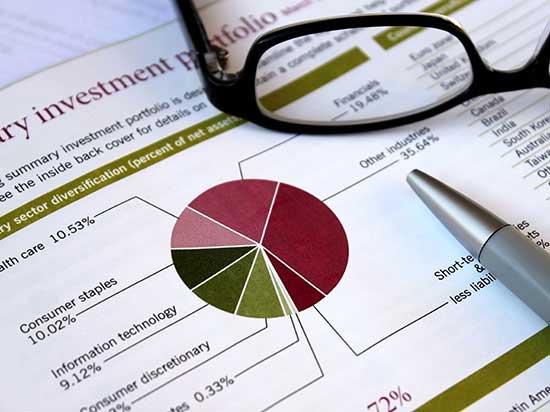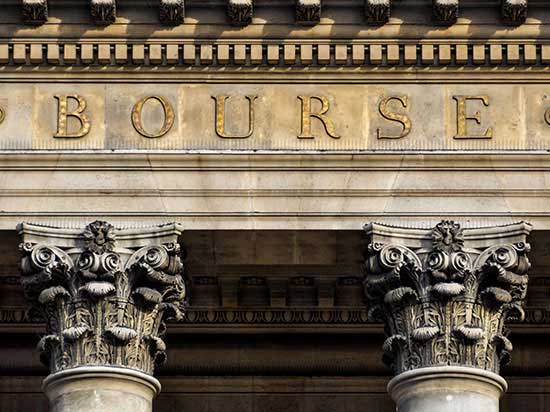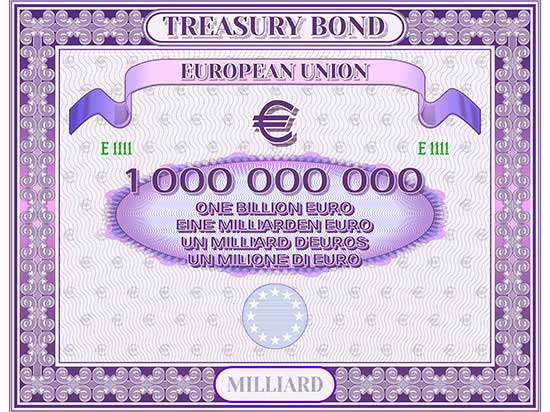Financial Terms
By mastering essential concepts such as stocks, bonds, mutual funds, ETFs, commodities, options and other meaningful terminology, individuals can confidently navigate the financial landscape of investing.
Winning Investors Use Knowledge to Their Advantage
By submitting your e-mail address, you consent to us keeping you informed about updates to our website and about other products and services that we think might interest you. You can unsubscribe at any time. GlobEx Markets respects your privacy and we strive to be transparent about our data collection practices. Please read our Privacy Policy and Terms of Use.

By mastering essential concepts such as stocks, bonds, mutual funds, ETFs, commodities, options and other meaningful terminology, individuals can confidently navigate the financial landscape of investing.

Investment sectors represent diverse segments of the economy, offering investors a variety of opportunities to capitalize on growth and market trends.

Risk factors play a crucial role in shaping investment decisions and portfolio management. Understanding various risk factors such as market risk, credit risk, liquidity risk and inflation risk can help investors gauge the potential downsides of their investments.

Stocks represent a key investment vehicle that offers individuals the opportunity of ownership in a company through purchasing shares and potentially benefit from its growth and success.

Bonds serve as a vital investment instrument, allowing investors to lend money to governments or corporations in exchange for periodic interest payments and the return of principal at maturity.

Options and futures are sophisticated financial instruments that enable investors to hedge their portfolios or speculate on the future price movements of various assets.

Option strategies are an essential component of sophisticated investing, providing investors with the tools to manage risk, generate income or capitalize on market movements.

Commodities represent a distinct asset class within the investment landscape, encompassing tangible goods such as precious metals, energy resources and agricultural products.

Exchange-traded funds (ETFs) have emerged as a popular investment vehicle, offering investors a cost-effective and efficient mechanism to access a diversified basket of assets.

Islamic finance offers a unique approach to investing that adheres to the principles of Shariah law, emphasizing ethical and socially responsible investments.

Foreign exchange (FX), or forex, represents the world's largest and most liquid financial market, where currencies are traded in pairs and their values fluctuate in response to economic and geopolitical factors.

Digital currency, which encompasses cryptocurrencies and stablecoins, has rapidly emerged as a disruptive force in the world of finance, offering investors new opportunities for portfolio diversification and potential capital appreciation.
“Life is divided into three terms - that which was, which is, and which will be. Let us learn from the past to profit by the present, to live better in the future.” - William Wordsworth


Advancements in information technology and internet security have made it easier to trade and invest internationally. Greater access to financial information and global data have created more transparent investing conditions, which has also lead to more investment opportunities opening up globally.
Your success in investing will depend in part on your character and guts and in part on your ability to realize, at the height of ebullience and the depth of despair alike, that this too, shall pass.
The best way to measure your investing success is not by whether you’re beating the market but by whether you’ve put in place a financial plan and a behavioral discipline that are likely to get you where you want to go.
October: This is one of the peculiarly dangerous months to speculate in stocks. The others are July, January, September, April, November, May, March, June, December, August and February.
It's not whether you're right or wrong that's important, but how much money you make when you're right and how much you lose when you're wrong.
Waiting helps you as an investor and a lot of people just can’t stand to wait. If you didn’t get the deferred-gratification gene, you’ve got to work very hard to overcome that.
Apple's market share is bigger than BMW's or Mercedes's or Porsche's in the automotive market. What's wrong with being BMW or Mercedes?
The four most dangerous words in investing: This time it’s different.
A market downturn doesn’t bother us. It is an opportunity to increase our ownership of great companies with great management at good prices.
Buy when everyone else is selling and hold when everyone else is buying. This is not merely a catchy slogan. It is the very essence of successful investments.
It’s one of the most important things at the end of the day, being able to say no to an investment.
The worst thing you can do is to invest in companies you know nothing about.
Investors have very short memories.
Most investors want to do today what they should have done yesterday.
The older I get, the more I see a straight path where I want to go. If you're going to hunt elephants, don't get off the trail for a rabbit.
Smart investing doesn't consist of buying good assets but of buying assets well. This is a very, very important distinction that very, very few people understand.

I will tell you how to become rich. Close the doors. Be fearful when others are greedy. Be greedy when others are fearful.